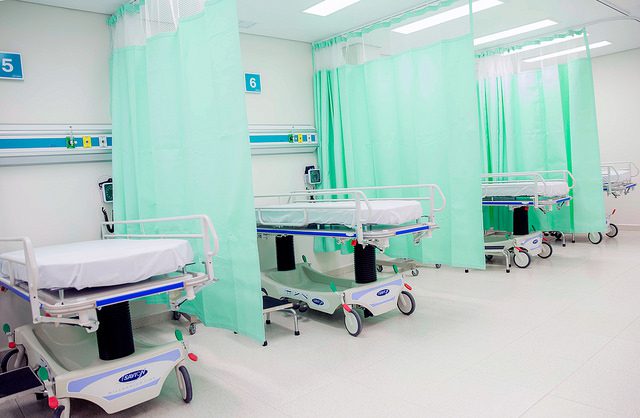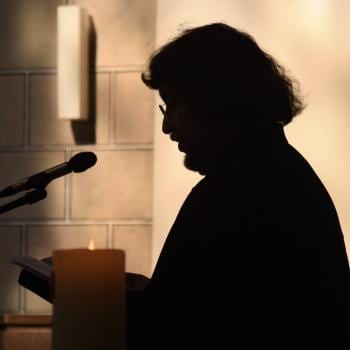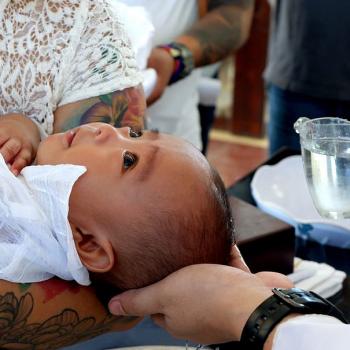
On February 6, 2015, in a unanimous judgment, the Supreme Court of Canada ruled to overturn a ban on so-called physician-assisted suicide. The courts, ruling that the right-to-die was a human right protected under the Canadian Charter of Rights and Freedoms, gave the government one year to come up with legislation to protect this right for all Canadians.
Based on the Supreme Court’s ruling, a bipartisan task force was struck and came up with a number of recommendations for right-to-die legislation. Reporting back just over a month ago, these recommendations included the right to doctor-assisted suicide for,
- “mature minors”;
- mentally handicapped and/or psychologically ill individuals; and
- non-terminal patients.
As I wrote at the time, the response of the Catholic Church was unequivocal in its condemnation.
Writing, and appearing in a video message, Cardinal Thomas Collins lamented the panel’s recommendations,
Some people become convinced that, at a certain point, there is no longer any “value” in their life, since they cannot function as they once did. Their concern deserves our compassionate respect, but it is a shaky foundation for social policy. Our value as people comes not from what we can do, but from who we are. It comes from within, from our inherent dignity as human beings. Once we make people’s worthiness to live dependent on how well they function, our society has crossed the boundary into dangerous territory in which people are treated as objects that can be discarded as useless.
Collins, along with his brother bishops from across Canada, underscored the fact that people have an inherent dignity—not based on their function (or ability to function) in society.
Last week, based on many (but not all) of the recommendations from the expert panel, the Liberal government officially introduced right-to-die legislation before the House of Commons.
Thankfully, absent from the legislation are many of the more frightening pieces mentioned above.
Despite recommendations from the committee, the law does not include the ability for minors, the mentally handicapped (or depressed), or non-terminal patients to apply for physician-assisted euthanasia.
There are some protections here to be lauded, but there are other areas of great concern. Namely, the proposed legislation, as presented, provides no protection for health care practioners who opposed terminating a patient’s life (or assisting in the process).
Religious rights find no protection in this legislation.
And, ultimately, it is still a law normalizing the taking of one’s life.
As the law on assisted dying begins to be debated in Parliament, Cardinal Collins has urged Canadian Catholics to communicate with their Member of Parliament, asking them to,
- Prioritize effective palliative care for all, and support for those experiencing chronic suffering of any kind. We must especially offer love and compassionate assistance to those who are tempted to suicide.
- Protect health care workers across Canada who oppose participating in euthanasia/assisted suicide, either by doing it personally or by arranging for it to be done (that is, referring for these procedures.) Their conscience rights are protected under the Canadian Charter of Rights and Freedoms, and those rights must be respected in practice. In protecting them, we protect those they serve.
- Protect health care institutions, hospices and long-term care facilities whose mission, vision, and values commit them each day to heal, not to hasten death. a cold world of euthanasia, havens of hope are all the more needed..
Thankfully, the Liberal government has stepped back from some of the shocking recommendations of the expert panel but this does not mean that those recommendations have gone unheeded.
In recent days, several groups have spoken out—and continue to speak out—in support of widening the parameters for a physician-assisted death. These voices want the full scope of the recommendations to be implemented; this means suicide requests from minors, the mentally ill, and non-terminal patients would have to be accommodated, with no provision for doctors to legally decline.
If these voices are strong, and continue to be heard, then we must be heard as well. As Catholics, we ought to oppose any measure which takes human life. And, in a culture steeped in the nomenclature of mental health, all Canadians should be wary of normalizing suicide.
Stay in touch! Like The Cordial Catholic on Facebook:












